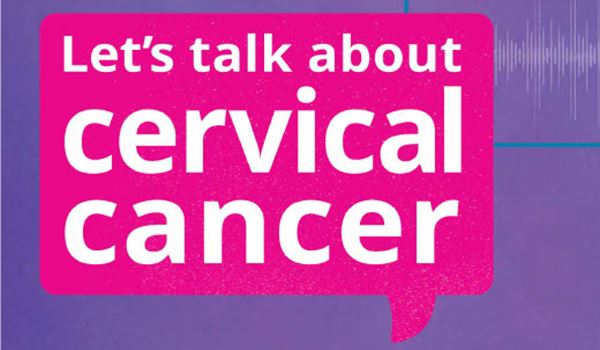Cervical Screening
Getting your Smear at Bangholm

Fiona Black
Practice Nurse
Our Clinician's
Here at Bangholm, smear tests are usually undertaken by our Practice Nurse Fiona, but will always be taken by a female clinician.
There is no need to feel embarassed, as this is a very routine procedure for our nurses and everyone here understands the importance of having your smear test.
To book in for your smear, please call our reception team on 0131 552 7676.
Why Get Checked?
Cervical screening is one of the best ways to protect yourself from cervical cancer.
Cervical screening is not a test for cancer, it's a test to help prevent cancer.
Cervical screening checks a sample of cells from your cervix for certain types of Human PapillomaVirus (HPV).These types of HPV can cause abnormal changes to the cells in your cervix and are called "high risk" types of HPV.
If these types of HPV are found during screening (an HPV positive result), the sample of cells is then checked for abnormal changes. If abnormal cells are not treated, they may turn into cervical cancer.
What is a Smear?
At your cervical screening (smear test) appointment, a nurse takes a sample of cells from your cervix using a small, soft brush. The test only takes a few minutes.
If you feel worried about going for cervical screening, you are not alone. It may help to know as much as possible about what going for cervical screening is like. You could ask someone you trust about their experience, speak with your nurse or doctor for more support.
It is important to get tested, even if you have received your HPV vaccine.
What is HPV?
HPV is a very common virus which usually has no symptoms. More than 70% of unvaccinated people will get it at some point in their life.
Most people who become infected with HPV clear the virus from their body, but others may develop a range of cancers in later life caused by the HPV virus. HPV is usually spread through intimate sexual contact. Condoms don't provide complete protection. Some people may also develop genital warts, which can sometimes be difficult to treat.
You can receive a vaccine to help protect you against HPV. Having the vaccine is important because we can't predict who'll develop cancer. To find out how to get your HPV vaccine, please click here.
Page created: 04 September 2020



